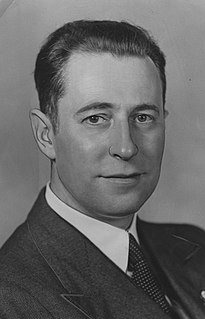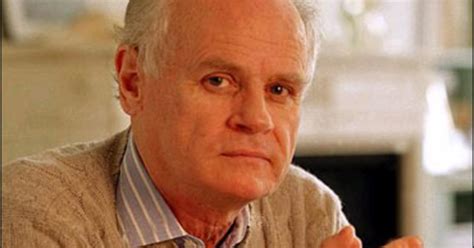A Quote by Jacqueline Winspear
As Churchill said about the Great War, and he said this in about 1924, that it was the first war in which man realized that he could obliterate himself completely. If you consider the way the whole world was impacted, 18 million people worldwide died, and that is taking into account military and civilian deaths: 18 million people. And it was the whole world, if you will. You know, many of those trenches were dug by Chinese. There are photographs of Chinese looking like they just came from China, with their hats and so on, digging the trenches, right from the beginning.
Quote Topics
About
Account
Beginning
Came
China
Chinese
Churchill
Civilian
Civilian Deaths
Consider
Could
Deaths
Died
Digging
Dug
First
Great
Great War
Hats
Himself
Impacted
Just
Know
Like
Looking
Man
Many
Military
Million
Million People
Obliterate
People
Photographs
Realized
Right
Said
Taking
Those
Trenches
War
Way
Were
Which
Whole
Whole World
Will
World
Worldwide
Related Quotes
We are confronted with the possibility of a war of such destruction that the whole existence of our nation and of the whole world is at stake. And yet, people know it - people read it in the newspapers, people read that at the first attack, a hundred million Americans might be killed. And yet, they talk about it as if they were talking about something being wrong with the carburetor of their car, perhaps.
However, there is a fundamental difference between the issue related to Japan's history and our negotiations with China. What is it all about? The Japanese issue resulted from World War II and is stipulated in the international instruments on the outcomes of World War II, while our discussions on border issues with our Chinese counterparts have nothing to do with World War II or any other military conflicts. This is the first, or rather, I should say, the second point.
If Donald Trump dismantles the agreement [the "Iran nuclear deal"] won by President Barack Obama with President Hassan Rouhani and the Iranian government and people: If he dismantles that, and puts greater sanctions on Iran, then we are leading to another war; another war inspired by Israel, another war that will bring China into war, Russia into war, Europe into war. And the Western world, in this war, will be taken completely down, and a whole new world is on the horizon.
You look at the Russian side: They're defending their territory from the beginning. They move west to destroy the Nazis. And they take out the guts of the German war machine per Winston Churchill, who said that they won the war. From the beginning, we were hostile to the guys who had saved how many American lives by their repulsion of the Nazis? I think the Americans lost 400,000 in the whole war. And the Americans knew it at the time. They gave Joseph Stalin credit. He was the man of the year, cover of Life magazine in 1943; he was a hero.
I have said, and I repeat, at the risk of appearing sacrilegious, that the gas chambers are a detail of the history of the Second World War... If you take a book of a thousand pages on the Second World War, in which 50 million people died, the concentration camps occupy two pages and the gas chambers ten or 15 lines, and that's what's called a detail.
It was Harry Patch, who was the last living World War I veteran; and by veteran I mean someone who actually fought in the war, he didn't just happen to be in the army at that time, in the Great War. And when the Iraq War started, he was interviewed, and they said, well what do you think of this? And he said, in a very sad voice, "Well, that's why my mates died. We thought we were going to end all that sort of thing."
Sixty million people died in the Second World War. World War II was a gigantic crime. We condemn it all. We are against bloodshed, regardless of whether a crime was committed against a Muslim or against a Christian or a Jew. But the question is: Why among these 60 million victims are only the Jews the center of attention?
Mike Pence came out and said this was a courtesy call, then Donald Trump a few hours later went on Twitter, as is his wont, and essentially linked the call to Taiwan with a whole series of things he doesn't like about Chinese economic and foreign policies and implied that the U.S. views of the status of Taiwan are now up for negotiation, that he wants them to be part of a broader negotiation with China about a whole series of economic and foreign policy issues. So, we just don't really know what exactly they're planing to do with this.
When the history of the 20th century is finally written, one of its key features will be the wanton slaughter of more than 170 million people, not in war, but by their own government. The governments that led in this slaughter are the former USSR (65 million) and the Peoples Republic of China (35-40 million). The point to remember is that these governments were the idols of America's leftists. Part of the reason for these and other tyrannical successes was because the people were first disarmed.
Right after September 11, 2001, there weren't really any blogs in China, but there were a lot of Chinese chatrooms - and there were a lot of conversations in which Chinese netizens were saying things like, 'served them right.' That was definitely not the official Chinese government policy - which condemned the terrorists.





































